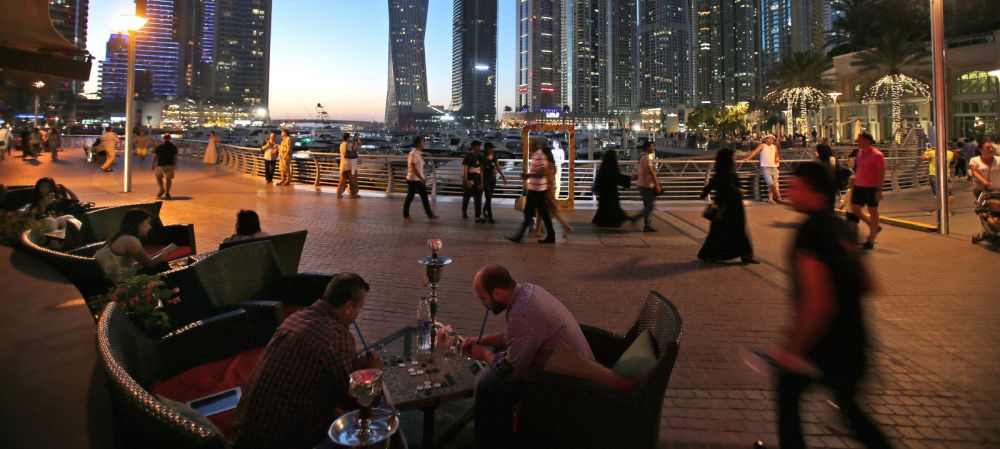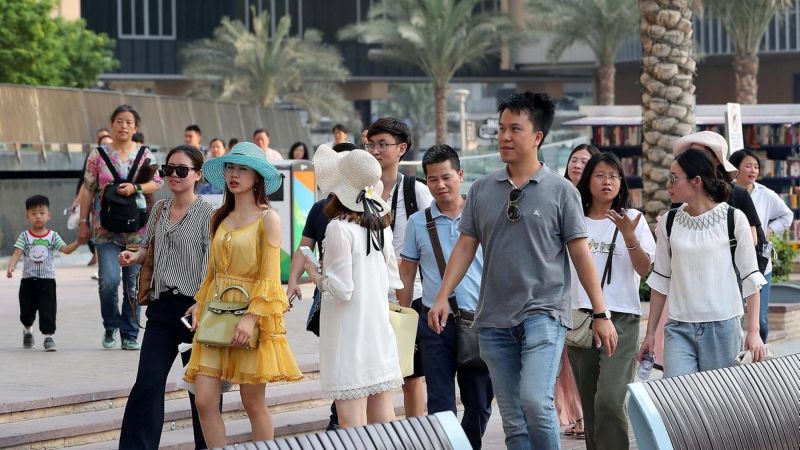
Dubai is an attractive relocation spot for British citizens. Every year, hundreds of British expats move to Dubai from UK for better prospects and financial gains.
With over 200,000 new resident arrivals each year, Dubai continues to attract more expatriates. Affordable accommodations, high salaries, employee-friendly taxes are only some of the reasons why more people are looking into starting a new life in Dubai.
Whether you are moving to Dubai for business, work, retirement or just for an extended stay, consider the following tips – especially if you are moving to Dubai from UK.
Coming to Work in Dubai:
Most people who relocate to Dubai do so because they have found a suitable job there. It is advised that you find work before moving. Finding work is not that difficult in Dubai, especially in the areas of information and technology and hospitality. The city and its economy is growing and there’s a lot of work in other sectors too.
Residency Visa and Work Permits. In order to live and work in Dubai, you need an approved Work Permit and Residency Visa. Your employer will usually facilitate the submission of the necessary documents for the government’s approval. Income is tax-free, but the job market is very competitive. So you must prepare yourself for a challenging job hunt, making sure that your relevant skills are highlighted when you apply for a job.
Compensation. As an expatriate, what compensation and benefits are you going to receive? Some companies pay for expenses of removals, accommodation rentals, and flights to and from UK, children’s school tuition fees and personal vehicles. You are very fortunate if all these are to be paid for by the company. Work on your numbers to see whether your finances can support your lifestyle in Dubai. Major consideration is your family, if you are bringing them with you.
Living in Dubai:
Dubai is often called an “expat’s paradise”. More than half of people living here are foreign born. As an expat, you will enjoy amenities which you may not have in your home countries. For instance, telecommunication system is excellent; most of the modern buildings are equipped with hi-tech air-conditioning and safety systems. Media, such as newspapers, TV, radio stations, are available in Arabic, English, Urdu and several other languages.
Dress and etiquette in Dubai: Most Emirati males wear a kandura. It is an ankle-length tunic woven from wool or cotton. Women wear an abaya, a black over-garment covering most parts of the body. Because of the large expatriate population, Western and modern clothing is popular, and is also beginning to grow among the Emiratis.
Accommodation in UAE: The cost of living in the UAE depends on the location and size of the accommodation. Expats moving to Dubai from UK usually prefer to live in Marina, Jumeirah Beach Road, Safa Park, Umm Suqeim, JBR, as well as the freehold areas like Ranches, Meadows, Springs, Greens, DIFC, and Palm.
Finding an apartment in UAE is easy with the help of online portals like www.justproperty.com.
Insurance. Talk to your insurance adviser in UK and ask how your current insurance policies will be affected when you move to UK. Concurrently, talk to a trusted insurance adviser about your insurance options in Dubai. The biggest foreign players in the insurance industry in Dubai are Metlife ALICO, Zurich International Life and AXA for life and medical insurance. Some of the more reputable local players are Oman Insurance, Arab Orient Insurance and Daman.
Healthcare. In Dubai, healthcare is generally satisfactory. If you have any special medical requirements, make sure you ask your employer or any trusted sources about this. Determine the medical and dental package that your employer is offering you. Remember that you are in a foreign land, and you should be prepared for any health needs that you will be encountering.
Weather and landscape. Avoid staying outdoors during summer as it can get very hot. Throughout the rest of the year, it is quite pleasant and the winter isn’t too cold. A lot has been achieved in terms of landscaping, irrigation and beautification, to think that all these was barren desert a decade or two ago.
Over 80% of people living in Dubai are from other countries. You are bound to run into someone from your home country. Things are generally cheaper, but it depends on your lifestyle and which country you come from. There are traffic cameras everywhere, given the tendency to enjoy speeding because of the roads, cheap fuel and sporty cars. Be sensitive to their culture and remember that you are in a different country.
There are certain hidden costs of living in Dubai. Do factor in for them when planning your monthly budget.
When moving to Dubai from UK, do not expect the two places to be similar, even with Dubai’s modernization.





